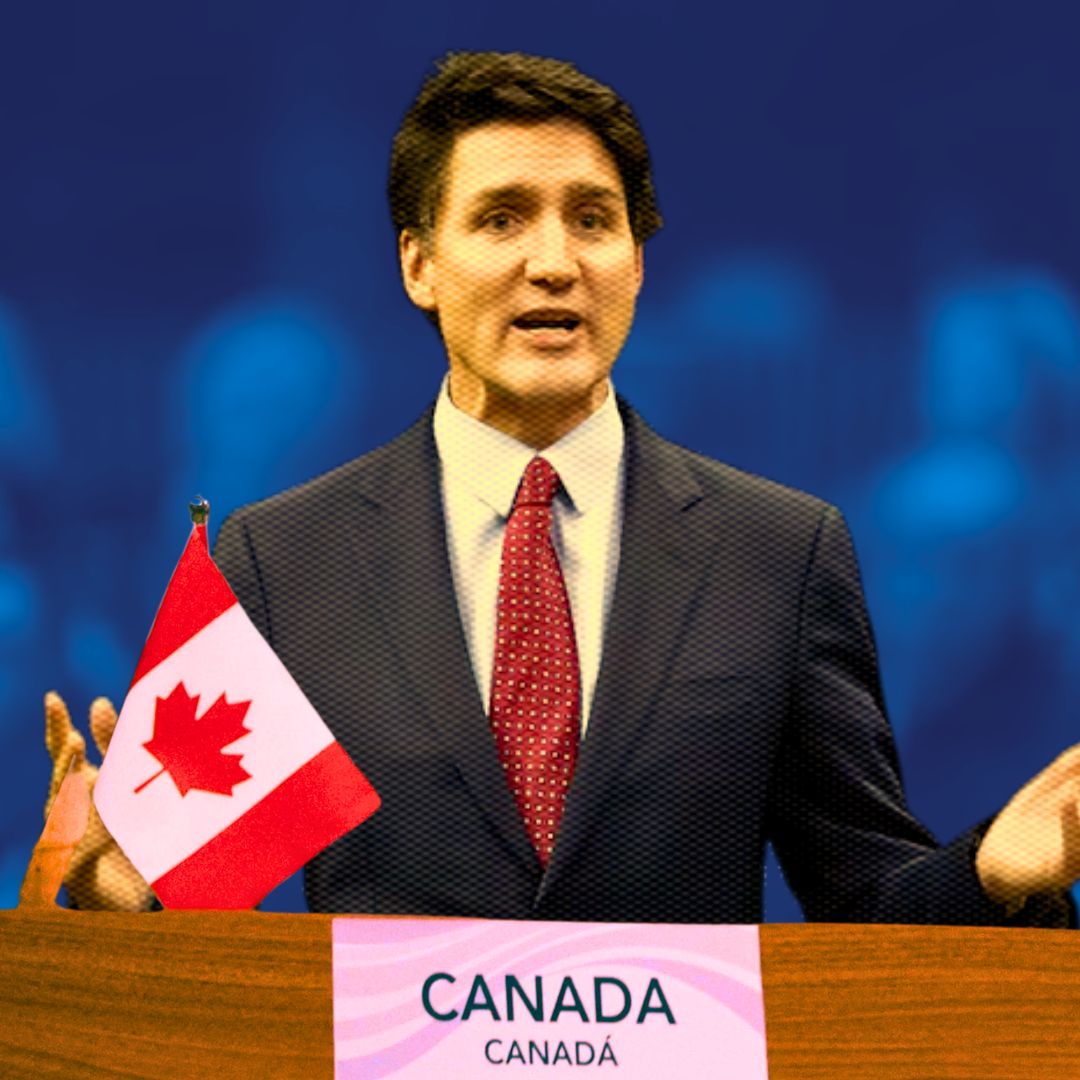On January 6, 2025, Canadian Prime Minister Justin Trudeau announced his resignation as the leader of the Liberal Party and indicated his intention to step down as Prime Minister following the selection of a new party leader. This decision comes amid significant internal strife within the Liberal Party and declining public support, marking a pivotal moment in Canadian politics.
Trudeau’s Announcement
During a press conference held at Rideau Cottage, Trudeau stated, “I intend to resign as party leader, as prime minister, after the party selects its new leader,” underscoring his commitment to a smooth transition of power. He emphasized that this decision was made after extensive discussions with his family, highlighting the personal nature of this political shift. Trudeau has led the Liberal Party since 2013 and has been Prime Minister since 2015, making this resignation a noteworthy departure from his lengthy tenure.
Speculated Reasons for Resigning
Political analysts attribute Trudeau’s resignation to several factors:
- Declining Popularity: Over recent months, Trudeau’s approval ratings have plummeted, reportedly falling to just 19% following significant political turmoil and the resignation of key allies.
- Internal Party Dissent: Growing discontent within the Liberal Party has been evident, particularly following the resignation of Deputy Prime Minister Chrystia Freeland in December 2024 due to policy disagreements. Freeland’s departure intensified calls for Trudeau’s resignation and exposed fractures within the party.
- Policy Challenges: Trudeau has faced criticism over various policy decisions, particularly regarding climate change and economic strategies that have alienated both party members and constituents.
Canada-India Relations Under Trudeau
Trudeau’s leadership has also been marked by fluctuating relations with India. His government faced backlash over accusations of interference in domestic affairs, particularly concerning the killing of Khalistani activist Hardeep Singh Nijjar on Canadian soil. Trudeau accused the Indian government of orchestrating this act, a claim that New Delhi has consistently denied. The lack of substantial evidence presented by Trudeau’s team left a cloud of distrust hanging over bilateral ties and contributed to tensions between the two nations.
What This Means for India
Trudeau’s resignation opens up potential avenues for a reset in Canada-India relations:
- Opportunity for Resetting Relations: Analysts suggest that Trudeau’s exit could allow for a more constructive engagement between India and Canada. The strained diplomatic ties may find new ground with a different leadership approach from Canada.
- Impact on Trade and Diplomacy: Under Trudeau’s leadership, Canada-India trade had seen growth, reaching approximately $8.4 billion by March 2024. However, ongoing tensions may have affected future negotiations, including discussions around the Comprehensive Economic Partnership Agreement (CEPA) between the two countries. A new leader may prioritize trade relations differently.
- Immigration Policies: Trudeau’s administration had implemented cuts to international student permits affecting many Indian nationals studying in Canada. With approximately 427,000 Indian students currently in Canada, changes in immigration policy under a new government could significantly impact these individuals and their families.
Political Analysts’ Perspectives
The implications of Trudeau’s resignation are varied among political analysts:
- Opportunity for Renewal: Some view this moment as a chance for revitalization within the Liberal Party. A new leader could potentially reinvigorate the party ahead of upcoming elections scheduled for late October 2025.
- Concerns Over Stability: Others warn that this transition may lead to instability in Canadian politics, particularly with Conservative Party leader Pierre Poilievre poised to capitalise on the Liberal Party’s turmoil. The potential shift in leadership raises questions about future policy directions and party unity.
What Lies Ahead?
Trudeau’s exit leaves the Liberal Party without a definitive leader during a critical election period. The party must now organise a leadership convention to elect a successor—a process that typically takes months. If an election occurs before this convention is completed, it could result in a Prime Minister not elected by party members, an unprecedented situation in Canada.Potential candidates for leadership include prominent figures within the party; however, it is common for interim leaders not to run for permanent positions. This could complicate the selection process further as the party navigates its future direction amidst ongoing political challenges.
The Logical Indian’s Perspective
At The Logical Indian, we believe that political transitions should be approached with a spirit of peace, dialogue, and empathy. Trudeau’s resignation presents an opportunity for Canada to reflect on its political dynamics and foster a more inclusive dialogue that prioritizes the needs of all citizens. As we witness these changes, it is crucial to advocate for harmony and coexistence, ensuring that future leadership embodies kindness and a commitment to social change.
How do you think this political shift will impact Canada’s future relations with India and its domestic policies? We invite you to share your thoughts and engage in this important conversation!












